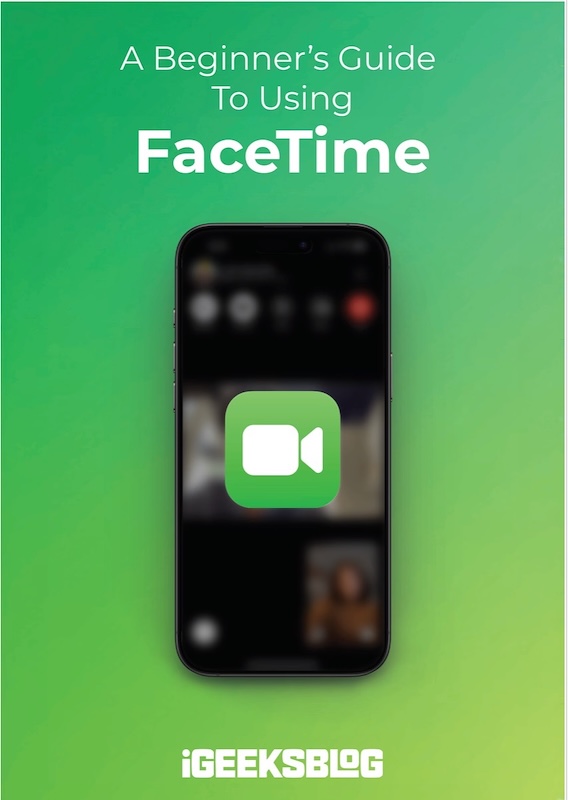
FaceTime Like a Pro
Get our exclusive Ultimate FaceTime Guide 📚 — absolutely FREE when you sign up for our newsletter below.

FaceTime Like a Pro
Get our exclusive Ultimate FaceTime Guide 📚 — absolutely FREE when you sign up for our newsletter below.
Apple has eased App Store restrictions in the EU, giving developers more freedom with links, promotions, and payment methods under new Digital Markets Act compliance.
Apple has announced a sweeping overhaul of its App Store guidelines and business terms in the European Union. This move signals the Cupertino tech giant’s latest efforts to comply with the European Commission’s Digital Markets Act (DMA). The changes, effective immediately, expand the freedom developers have when distributing apps in EU countries—regardless of whether they opt into Apple’s alternative business terms.
Until now, developers in the EU were limited to a single static link directing users to an external website, with strict constraints on tracking parameters, redirects, and UI design. Promotional messaging was also confined to the developer’s own site.
Under the new rules, all of those restrictions have been lifted:
In addition, the controversial “Scare Sheet” disclosure—which previously appeared when users tapped external links—has been modified. Now, users can opt out of future warnings after viewing the disclosure once within an app.
These policy changes apply to all developers in the EU, not just those using Apple’s alternative business terms.
Apple has also revamped its App Store fee structure in the region. These updates apply only to apps using web links or in-app alternative payment options, not those distributed through alternative app marketplaces or using only static text promotions.
Apple now offers two fee tiers:
Excludes automatic updates, App Store promotions, search suggestions, and personalized recommendations.
Currently, developers who adopt Apple’s alternative EU terms are subject to a €0.50 Core Technology Fee per annual install over 1 million. This structure will remain unchanged for now.
However, developers using standard terms will now pay a 5% Core Technology Commission on in-app sales made through alternative payment systems.
Apple also confirmed that beginning January 1, 2026, it will phase out the Core Technology Fee and transition fully to a sales-based Core Technology Commission model.
In a statement to 9to5Mac, Apple expressed dissatisfaction with the European Commission’s requirements:
The European Commission is requiring Apple to make a series of additional changes to the App Store. We disagree with this outcome and plan to appeal.
This follows a long history of friction between Apple and EU regulators. Earlier this year, Apple was fined €500 million over alleged App Store violations.
Apple claims that although it has done everything in its capacity to work closely with the EU, it’s still being subjected to complex compliance requirements and the threat of hefty fines. The company has until July 7 to officially file its appeal.
What Do You Think? What’s your take on Apple’s new App Store terms in the EU? Could this set a precedent for global changes? Let us know in the comments below.
Articles Worth Reading: